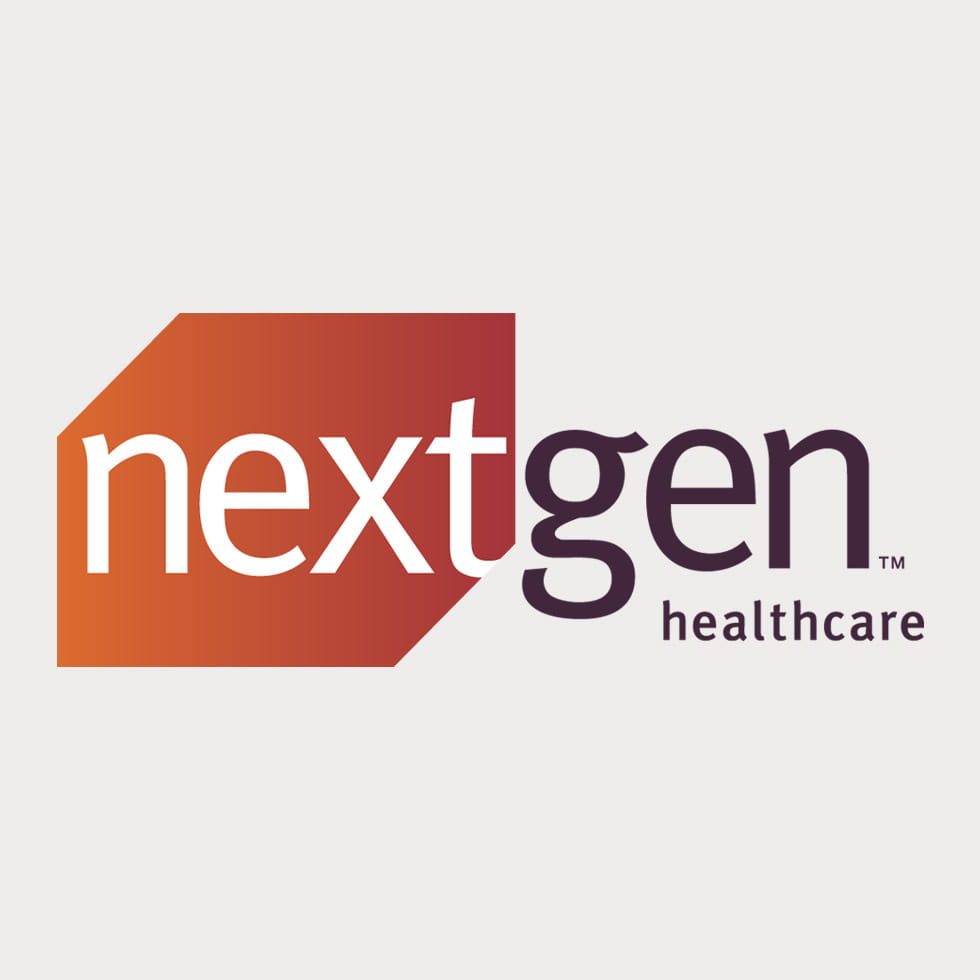It's time for the final stage in the practice management and medical billing journey. Our last blog addressed claims follow up and denial management. Now it’s time to assess your data so you can effectively monitor the health of your practice. Reporting and financial analytics help ensure financial stability and independence for your practice long into the future. It’s important to report practice data in a consistent format over time. A strong foundation in data can help you:
- Measure practice financial performance, manage cost, and improve revenue
- Improve administrative efficiency and quality of care
- Mitigate the risk of revenue loss
- Analyze the effectiveness of claims management and evaluate accounts receivable (A/R)
Why Key Reports Are So Important
Reporting features should be built into your PM solution and should offer both ad hoc and automated reports. Timely reports give you a complete view into your revenue cycle. Use reporting to improve processes, spot trends, achieve key performance indicators (KPIs), and identify issues that may hinder revenue collection. Examples of revenue cycle reports:
- Monthly changes in A/R – provides information on beginning aging totals, charges, payments, adjustments, and ending aging totals
- Insurance aging less credits – shows all open insurance balances without any credits (overpayments); also associates balances with their respective financial class—for example, Medicare, Medicaid, Blue Cross Blue Shield, UnitedHealthcare, Cigna, or other commercial payer
- Patient aging less credits – this report shows all open patient balances, minus any overpayments
- Bad debt A/R – outstanding patient balances that have been referred to collections
- Receivables analysis – identifies accounts receivables according to category—insurance, patient, and credits
- Charges by financial class – identifies the amount of charges sent to Medicare, Medicaid, Blue Cross or other commercial payer; provides information on where charges are sent for processing
- Payments by financial class and date of service – shows how quickly you receive payments from major payers after charges have been submitted
- Service item summary – summary of the month's services billed organized by CPT code; for most commonly billed services, this report may be organized by provider as well
- Denials by reason code – provides details on reasons for denial according to payer; if you can calculate your biggest reasons for denials, you can address them strategically
- Standard monthly reports – any other reports that the board, practice management, clinical management, or other departments may need for monthly review and tracking
Tips to Ensure You're Monitoring the Health of Your Practice Properly
- Running reports on a regular schedule establishes a cadence. Run daily, weekly, and monthly reports to see financial trends. This will help you establish KPIs and meet long-term financial goals.
- Daily reports may include a reconciliation of claims generated and submitted
- Weekly reports may include a review of RCM system and clearinghouse edits, A/R aging, and denial management activities
- Monthly reports include charges, payments, and adjustments; A/R balance trends; gross collection rates; and provider productivity
In conclusion, understanding different types of reports is vital for the most accurate view into your revenue cycle. Running reports on a set schedule will help you develop KPIs and meet long-term goals. Adding these all together will help build the foundation for financial sustainability into the future.
Optimize your revenue cycle with a trusted advisor
Partnering with a vendor who aids with medical billing and practice management can help you manage claims and payment posting with revenue cycle technology and client services. You earned the money—now optimize collections with a faster, more efficient revenue cycle.To learn more about boosting practice efficiency, enhancing patient convenience, and optimizing practice revenue, click here to read 10 Tips for Better Medical Billing and Practice Management.

